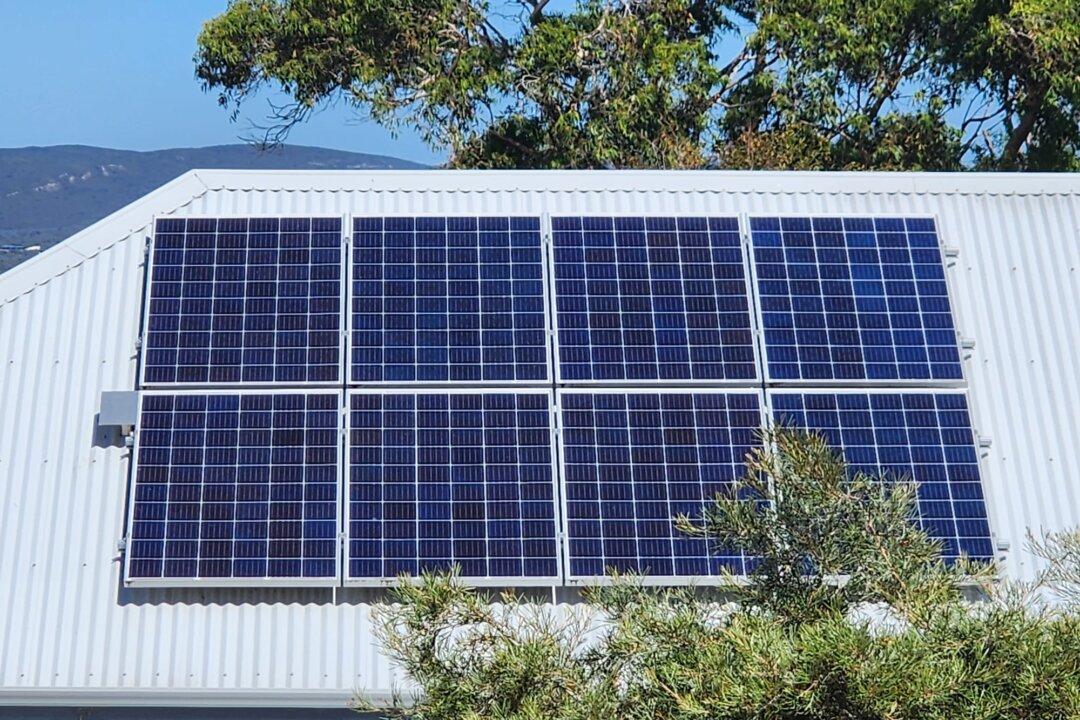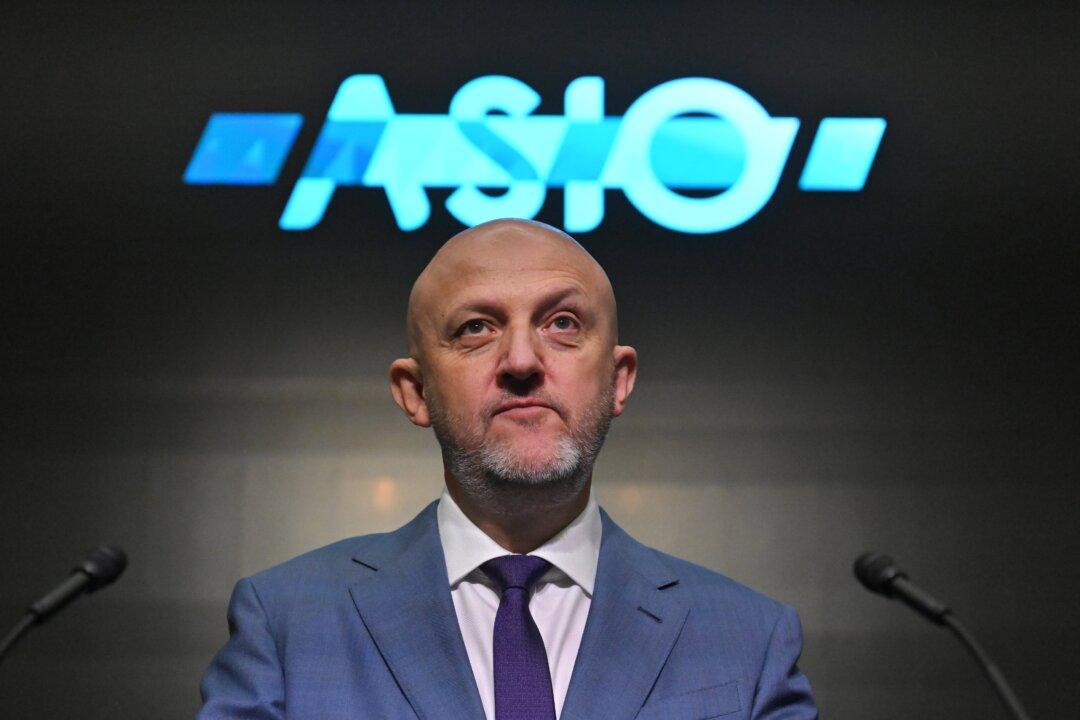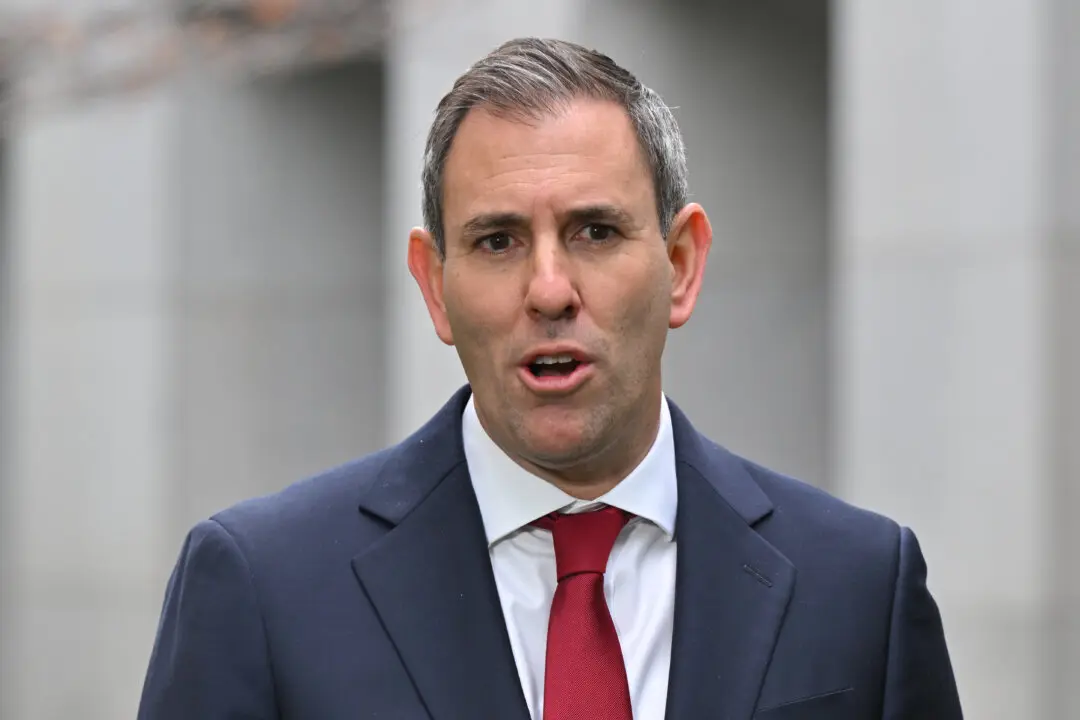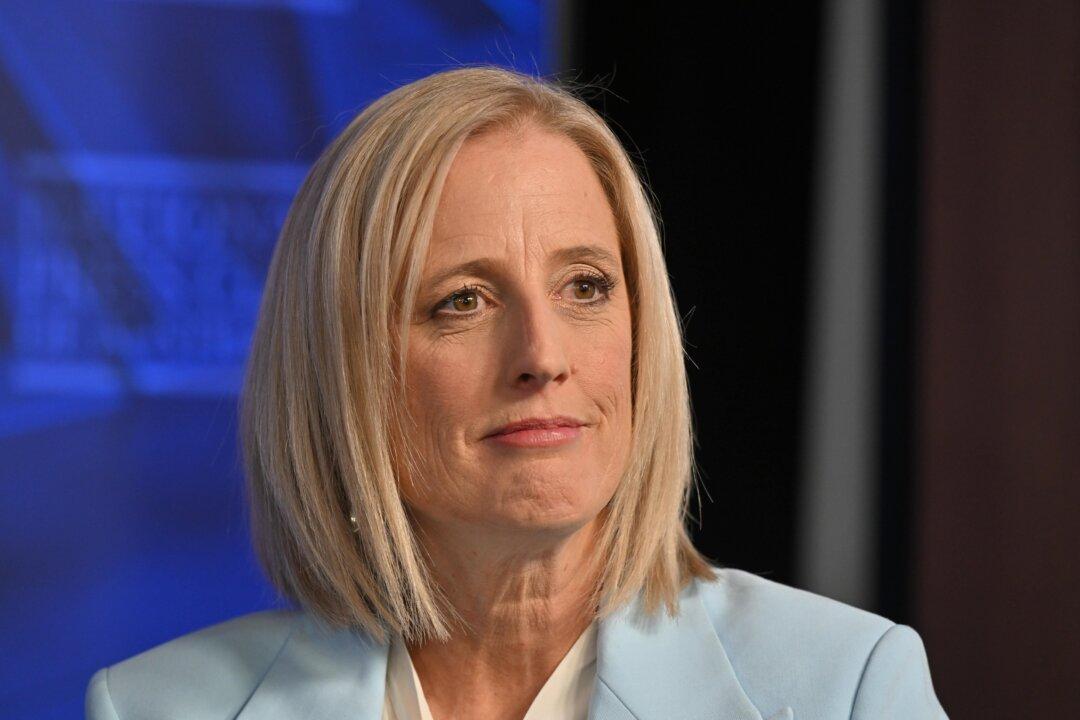Treasurer Jim Chalmers has opened the door to changes to the government’s signature Future Made in Australia Bill amid a surge of criticism.
The Bill, partly modelled on the U.S. Inflation Reduction Act, aims to develop local green energy industries separate from Chinese supply chains.





